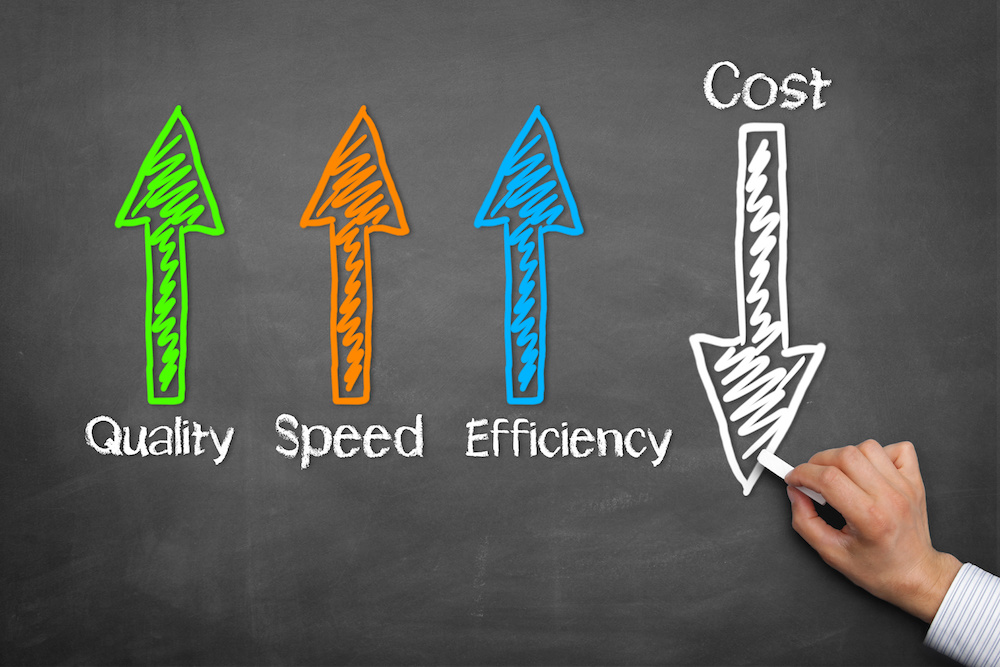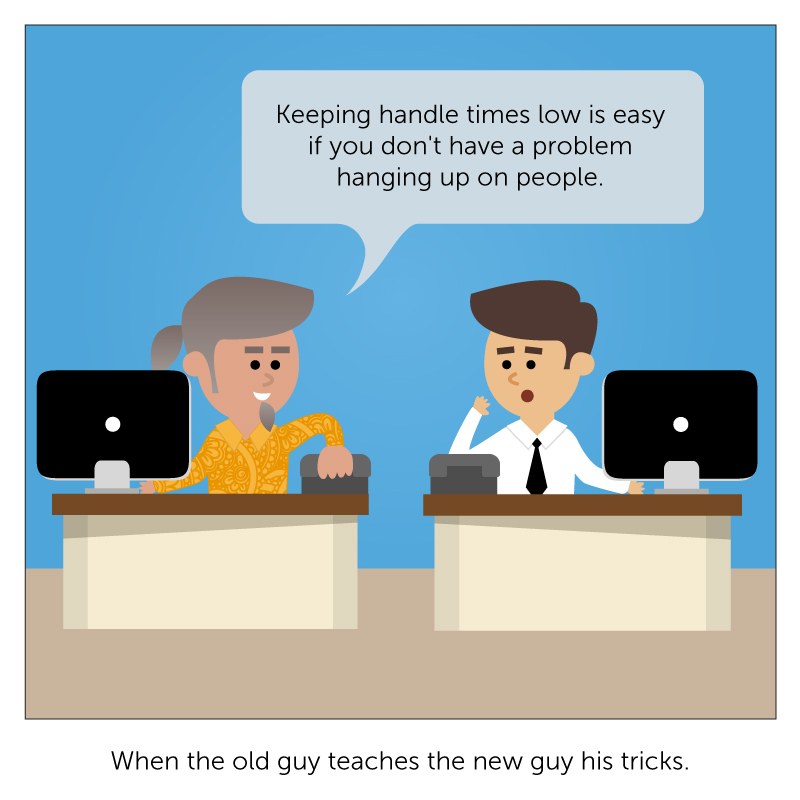In 1989, the song “If You Don’t Know Me by Now” by U.K. pop band Simply Red hit the number one spot on the Hot 100 list. Almost 25 years later—in the era of big data—the lyrics “If you don’t know me by now, you will never, never, never know me,” probably ring true for most people purchasing goods and services this holiday season, as I will explain.
For years now, large consumer products and services companies have been collecting and analyzing vast amounts of data on customers, looking for patterns that will help them achieve better service and increase sales and profits. Big data and contact center analytics technologies have made these same capabilities available and accessible to just about every business.
With so many companies now collecting and mining so much data on all of us, one would reasonably expect them to know us well by now and be able to deliver a personalized experience. At the very least we’d expect a superior level service than they were able to deliver even a few years ago, let alone 40 years ago when the first Customer Rage Study was conducted.
Disappointingly, that’s not the case as the most recent Customer Rage Study made clear.
The study revealed that more American consumers are dissatisfied with the products and services they buy than ever before. Among the findings of the study:
The amount of people reporting customer problems went up from 32 percent in the 1976 study, to 45 percent in 2011, and then 50 percent in 2013.
The number of households experiencing customer rage went up from 60 percent just two years ago to 68 percent this year.
And the stakes are high—according to the authors of the study, “about $76 billion in revenue was at stake for the businesses involved.”
If companies don’t know us by now, will they ever, ever, ever know us? In my view, yes. And based on conversations with many companies grappling with this vary issue, the disconnect between the increasing amount of data companies are collecting on all of us and the perceived decline in the customer experience boils down to three main factors:
Expectations of the American consumer are simply higher than they were before. As technology has advanced, the pace of every aspect of our lives has quickened and our expectations for speed, quality and efficiency have gone up. This means that companies need to be more agile and adopt new technologies to keep up or even stay ahead of expectations. This is one of the reasons companies are moving more of their business software to the cloud.
Companies are still trying to figure out the best way to apply big data to get the most value out of it. The mainstreaming of big data is truly transformative. But for effective customer engagement analytics, there’s a learning curve, and with so many opportunities to use big data across different parts of the business and various customer touch points, companies are still trying to understand where and how to get the most out of their data.
Customer data remains fairly siloed, which makes it difficult for companies to get a complete picture and make correlations across customer touch points and internal business operations. Until they can fully unlock this data from their silos, companies will mostly see incremental gains from their big data initiatives.
We’ll be talking about this topic quite a bit in the New Year. We’ll specifically explore how contact centers can stitch their data together to gain a deeper understanding of both the customer perspective and the agent behaviors that lead to the desired business outcomes. We’ll also be showcasing companies that are successfully using this data to build genuinely stronger, more meaningful and more rewarding relationships with customers.
Our hope is that by this time next year, more American consumers will be singing a different tune when it comes to their views of customer service.







